
The Evangelicals
The Struggle to Shape America
ISBN: 9781439131336
Pages: 752
Read offline
Recommendation
Evangelicals actively espousing Christianity have altered the United States’ political landscape since they emerged in the 1800s and the 1900s as a sizable segment of the Protestant population. The Civil War and the advance of science stirred both doctrinal and political differences among evangelicals, but they became a US political force in the second half of the 20th century. Pulitzer Prize-winning author Frances Fitzgerald (The Fire in the Lake) reports that efforts to unify evangelical citizens as a voting bloc advanced with the formation of national organizations, including the Moral Majority and the Christian Coalition. These groups urged members to vote for the mostly Republican candidates that they supported. The re-election of Ronald Reagan in 1984 was the biggest milestone in the political realignment of the South with the GOP. He and other Republican presidents used a “Southern Strategy” to win evangelical votes. Fitzgerald’s thorough history of evangelicals in America is somewhat inconclusive, but she suggests that they remain an important voting bloc. getAbstract suggests her fine writing and reporting to anyone interested in major American political movements.
Take-Aways
About the Author
Frances Fitzgerald is the author of Fire in the Lake, America Revised, Cities on a Hill, Way Out There in the Blue and Vietnam: Spirits of the Earth. She has received the Pulitzer Prize and the National Book Award, among other honors.








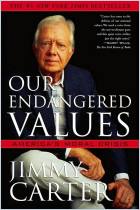
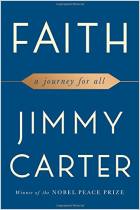
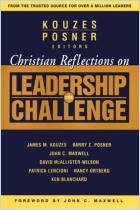
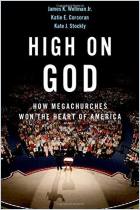
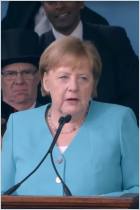
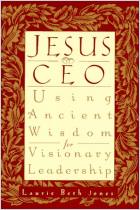
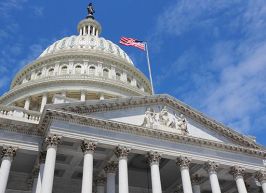

Comment on this summary or 开始讨论